In the context of agriculture, "organic" refers to the use of natural methods to grow and process crops, rather than relying on synthetic fertilizers, pesticides, and genetically modified organisms (GMOs). Organic farming practices aim to promote soil health and biodiversity, reduce pollution, and minimize the use of synthetic inputs. Organically grown crops may also be healthier for humans to consume because they are grown without the use of synthetic chemicals.
In the context of food, "organic" refers to foods that are produced using organic farming methods. These foods are often labeled as "organic" and may be sold at a premium price.
Organic products may also refer to items that are made from natural, rather than synthetic, materials. For example, organic cotton clothing is made from cotton that is grown without the use of synthetic pesticides and fertilizers.
Overall, the term "organic" is used to describe products that are grown, produced, or made using natural methods, rather than synthetic or artificial ones.
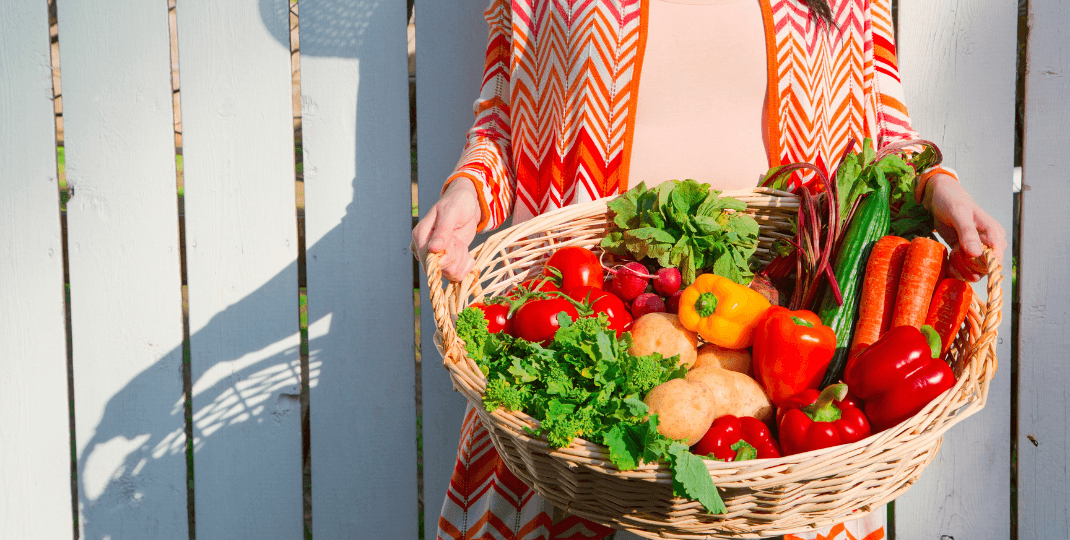
Is organic food better than not organic food?
There is ongoing debate about whether organic food is nutritionally superior to non-organic food. Some studies have found that organic foods have higher levels of certain nutrients, such as vitamins and minerals, while others have found no significant differences in nutritional content between organic and non-organic foods.
Organic foods may be healthier for individuals to consume because they are grown without the use of synthetic pesticides and fertilizers, which can potentially be harmful to human health. Organic farming practices also aim to promote soil health and biodiversity, which can have positive impacts on the environment.
However, it is important to note that organic foods can be more expensive than non-organic foods, and may not always be readily available. Ultimately, the decision to choose organic or non-organic foods should be based on personal preferences and financial considerations. It is also important to consume a varied and balanced diet, regardless of whether the foods are organic or not.
Frequently asked questions about organic food:
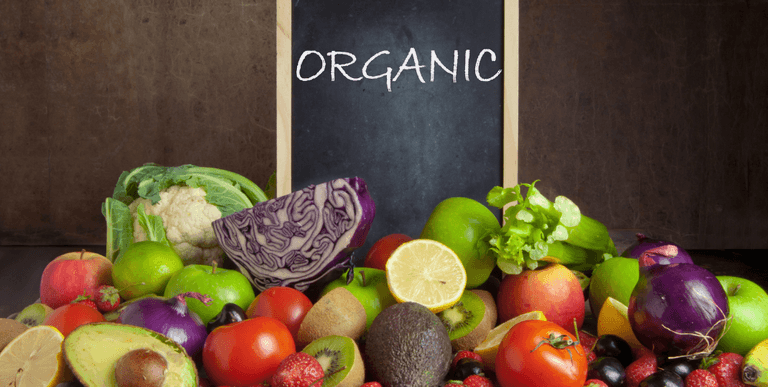
1. What is organic food?
Organic food is food that is grown, produced, and processed using natural methods, rather than synthetic pesticides, fertilizers, and genetically modified organisms (GMOs). Organic farming practices aim to promote soil health, biodiversity, and sustainable agriculture.
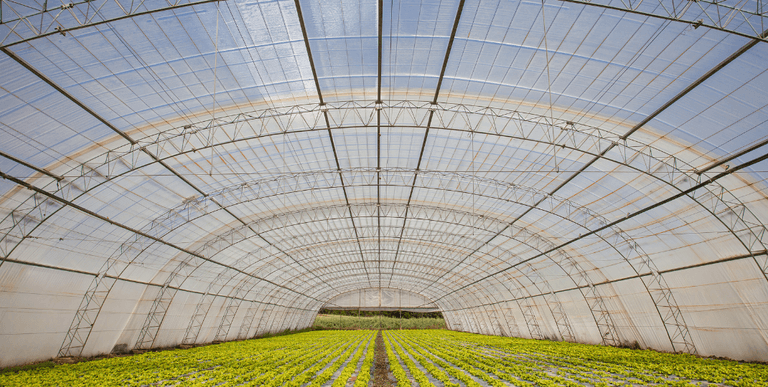
2. Is organic food more expensive than non-organic food?
Organic food is often more expensive than non-organic food due to the additional costs of producing food using organic methods. These costs include the use of natural fertilizers and pest control methods, as well as the additional labor and management required to maintain organic farming practices.
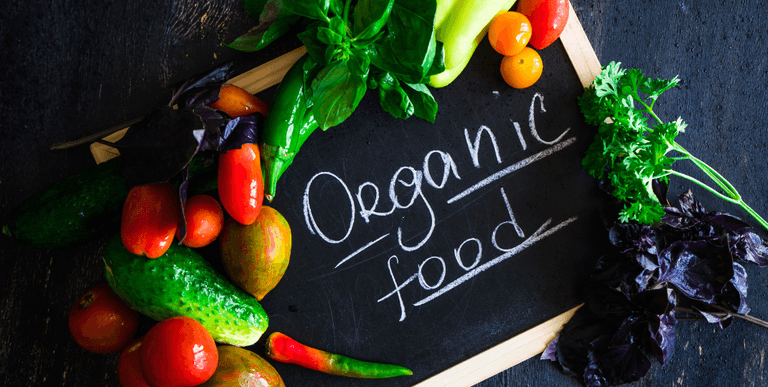
3. Is organic food healthier than non-organic food?
There is ongoing debate about whether organic food is nutritionally superior to non-organic food. Some studies have found that organic foods have higher levels of certain nutrients, such as vitamins and minerals, while others have found no significant differences in nutritional content between organic and non-organic foods. However, organic foods may be healthier for individuals to consume because they are grown without the use of synthetic pesticides and fertilizers, which can potentially be harmful to human health.
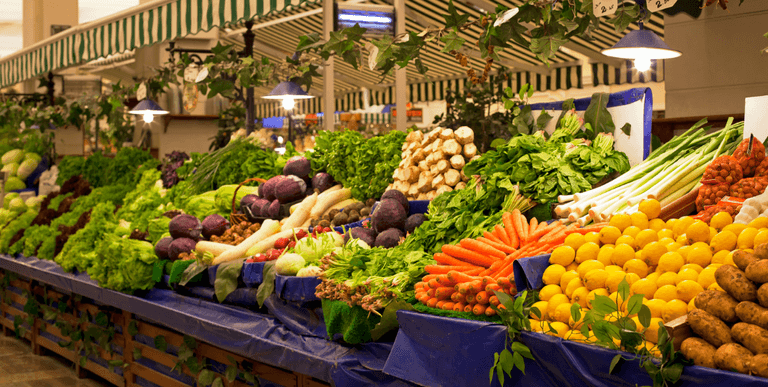
Is organic food better for the environment?
Organic farming practices aim to promote soil health and biodiversity, and minimize the use of synthetic inputs, which can have positive impacts on the environment. However, it is important to note that organic farming can also have negative environmental impacts if it is not done in a sustainable manner.

Where can I find organic food?
Organic food can be found at specialty stores, farmers' markets, and some supermarkets. Many online retailers also offer a wide selection of organic foods.
Startups that focus on organic vegetables, organic food and sustainable agriculture organic food and sustainable agriculture
- Imperfect Foods: This startup delivers boxes of "ugly" produce and other imperfect or surplus food items to customers, reducing food waste and promoting sustainable agriculture.
- Farmer's Fridge: This company operates vending machines stocked with fresh, healthy meals made from locally sourced ingredients, including many organic options.
- Thrive Market: This online retailer offers a wide selection of organic and natural foods, as well as household and personal care products, at discounted prices.
- Good Eggs: This company delivers farm-fresh produce, dairy, and other grocery items directly to customers, with a focus on supporting local and organic farmers.
- Green Chef: This meal kit delivery service offers a range of meal plans, including vegetarian, vegan, and gluten-free options, using organic and non-GMO ingredients.
These are just a few examples of the many startups that are working to make organic and sustainable food more accessible and affordable.
Organic food startups
Organic food startups and alternative protein startups are both focused on producing and selling products that are healthier and more sustainable than traditional options. However, there are some key differences between the two types of startups:
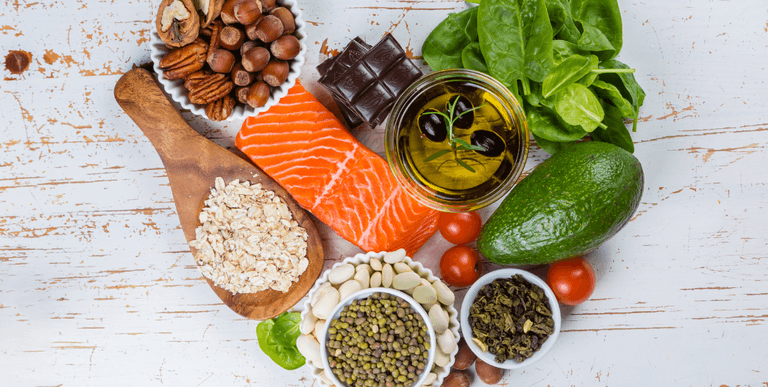
1. Focus
Organic food startups focus on producing and selling food products that are grown, processed, and produced using natural methods, rather than synthetic pesticides, fertilizers, and genetically modified organisms (GMOs).
Alternative protein startups, on the other hand, focus on producing and selling protein-rich foods that are derived from sources other than animal agriculture, such as plant-based protein, lab-grown meat, and insect-based protein.
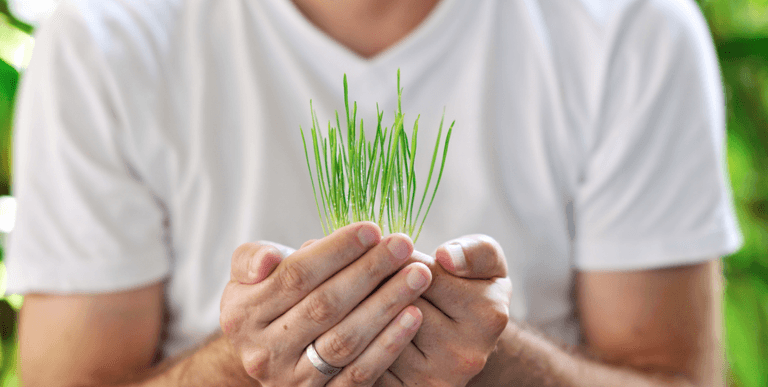
2. Market
Organic food startups operate in the traditional food market, competing with other food companies that produce and sell conventional products.Alternative protein startups operate in a niche market, offering products that are often targeted at consumers who are looking for healthier and more sustainable protein sources.
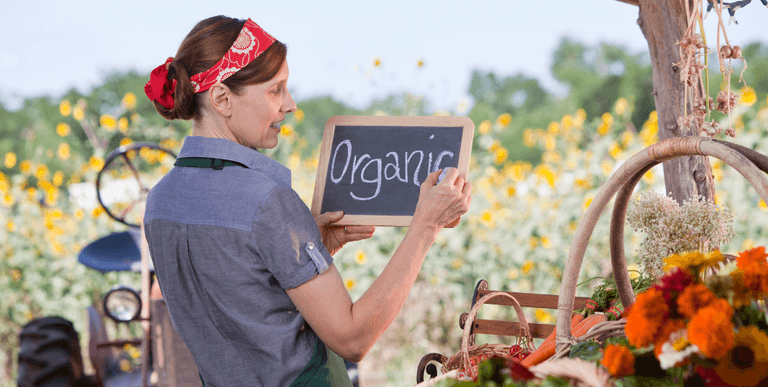
3. Regulation
Organic food production is regulated by government agencies and certified by third-party organizations. Alternative protein production is a relatively new industry and is not yet subject to the same level of regulation as traditional food production.
Overall, organic food startups and alternative protein startups are both focused on producing and selling healthier and more sustainable products, but they operate in different markets and are subject to different levels of regulation.
How Synthesis Capital can help you?
Synthesis Capital is a venture capital firm that invests in early-stage companies in the technology and healthcare sectors. As a venture capital firm, Synthesis Capital provides capital to startups in exchange for ownership equity in the company. The goal of venture capital firms like
Synthesis Capital is to generate high returns on their investments by supporting the growth and success of the companies they invest in.
If you are an entrepreneur or startup looking to raise capital for your business, you may be able to secure funding from a venture capital firm like Synthesis Capital.
Venture capital firms typically invest in companies that have a clear vision, a solid business plan, and a strong team.
If you believe your company meets these criteria and is a good fit for Synthesis Capital's investment portfolio, you can reach out to the firm to learn more about the investment process.
It is important to note that venture capital firms are selective about the companies they invest in, and not all startups that apply for funding will be accepted.
Therefore, it is important to carefully consider whether venture capital is the right funding option for your company and to be prepared to present a compelling case for investment.